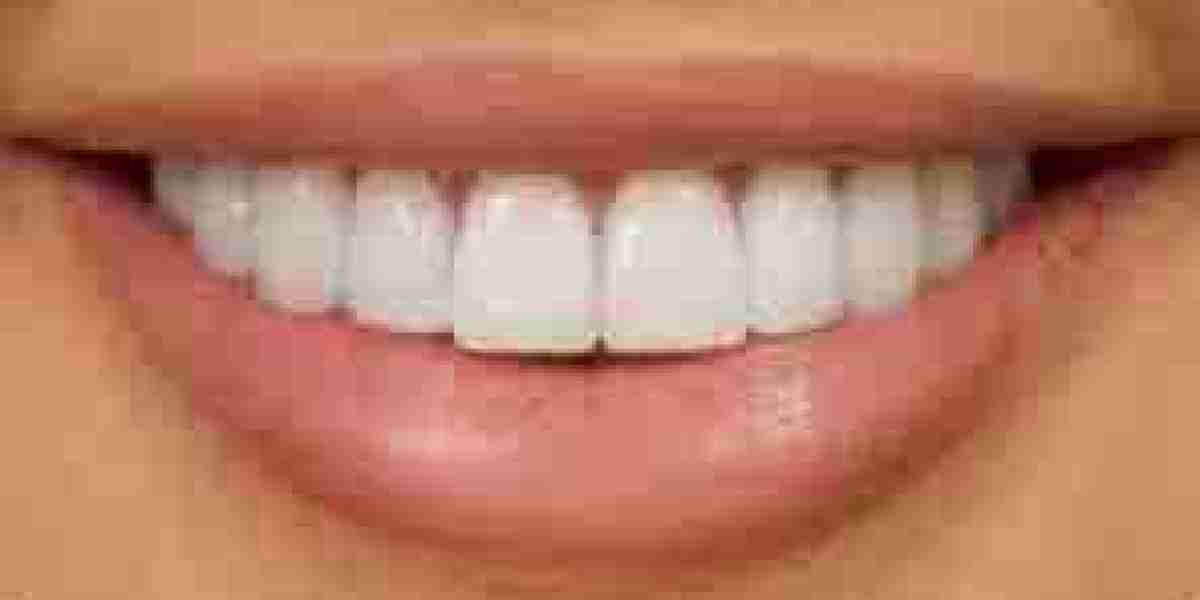What we eat doesn't just influence our waistlines or energy levels—it also plays a vital role in our oral health. From daily snacking habits to the types of drinks we choose, our dietary choices can either protect or gradually damage our teeth and gums. Despite brushing and flossing regularly, a poor diet can still compromise dental hygiene, leading to issues like decay, sensitivity, and gum disease.
As every experienced hygienist will tell you, maintaining healthy teeth is not just about oral care routines but also about being mindful of what you put on your plate. In this article, we dive into how diet impacts oral health and explore helpful tips from a dental hygienist’s perspective.
The Diet-Oral Health Connection
Why Nutrition Matters for Teeth and Gums
Your mouth is the entry point to your entire digestive system, and what passes through it directly affects your teeth. Sugars and simple carbohydrates provide fuel for bacteria that produce acid, which attacks tooth enamel and leads to decay.
On the other hand, essential nutrients like calcium and phosphorus strengthen enamel, while vitamin C helps support gum tissue and prevent inflammation. A diet rich in these nutrients forms the foundation of strong, resilient teeth.
pH Balance and Saliva
The acidity level in your mouth significantly influences your risk for tooth decay. Foods and drinks that lower pH—such as citrus fruits or fizzy drinks—create an environment where harmful bacteria thrive.
Saliva acts as a natural buffer, neutralising acids and protecting enamel. A well-hydrated body and a diet that encourages saliva production can drastically reduce the likelihood of enamel erosion and gum problems.
Foods That Benefit Your Oral Health
Tooth-Friendly Nutrients
The right nutrients help to fortify teeth and gums from within. Calcium, found in dairy products and leafy greens, strengthens enamel. Vitamin D, present in oily fish and eggs, supports calcium absorption. Antioxidants from colourful fruits and vegetables protect gum tissue.
A few great tooth-friendly foods include:
- Cheese and yoghurt
- Broccoli and kale
- Almonds and sesame seeds
- Fatty fish like salmon and mackerel
Incorporating these regularly can improve oral resilience and reduce your need for emergency dental care.
Crunchy Fruits and Vegetables
Fibre-rich, crunchy produce like apples, carrots, and celery acts as a natural toothbrush by scrubbing plaque off the teeth while chewing. These foods also increase saliva flow, further helping to rinse away food particles and neutralise acids.
Water as a Key Player
Water may seem ordinary, but it’s a powerhouse for oral hygiene. Besides keeping you hydrated, it helps in washing away food particles and diluting acid concentration in the mouth. Fluoridated water also strengthens enamel and reduces cavity risk.
Foods That Harm Your Oral Health
Sugary Foods and Drinks
Sugar is public enemy number one for your teeth. Whether it’s in sweets, pastries, or sugary beverages, it feeds the bacteria in your mouth that produce tooth-destroying acid.
It’s not just the quantity but also the frequency of sugar intake that matters. Constant snacking creates a perpetual acidic environment that weakens enamel.
Acidic Beverages and Snacks
Soft drinks, citrus juices, vinegar-based dressings, and energy drinks are highly acidic. These substances erode enamel over time, leading to sensitivity and increased risk of decay. Even diet drinks, although sugar-free, can still lower oral pH significantly.
Hidden Sugars and Processed Snacks
Many processed foods contain hidden sugars—think crackers, flavoured yoghurt, or granola bars. These items often stick to teeth, providing a perfect breeding ground for bacteria. Reading labels and opting for whole foods can help you make smarter choices.
Habits That Exacerbate Dietary Damage
While occasional indulgence isn’t harmful, habits like constant grazing, sipping sugary drinks throughout the day, or not drinking water after meals can amplify the impact of unhealthy foods.
Here’s how these habits worsen oral health:
- Frequent Snacking: Keeps mouth in an acidic state.
- Slow Sipping: Extends exposure to sugar and acid.
- Skipping Water: Reduces saliva’s natural protective role.
Be aware of these habits even if your main meals are healthy.
Signs That Your Diet May Be Harming Your Oral Health
Sometimes, your body gives subtle signs that something is off. Here are some oral health symptoms that could point to a poor diet:
- Increased tooth sensitivity
- Bleeding or inflamed gums
- Persistent bad breath
- More frequent visits to an emergency dentist Wimbledon
If you notice these signs, it’s wise to consult a hygienist in Wimbledon who can assess your oral condition and suggest corrective steps.
Tips from a Hygienist to Improve Diet for Oral Health
Balanced Meal Planning
Try to plan meals that contain a balance of proteins, healthy fats, and unprocessed carbohydrates. Minimise sugary desserts and sweetened beverages. Choose whole grains over refined ones, and include plenty of fresh produce.
Snack Smarter
Replace sugary or starchy snacks with more tooth-friendly alternatives. Some excellent options include:
- Cheese cubes
- Unsweetened yoghurt
- Celery with nut butter
- A handful of almonds
These snacks don’t contribute to plaque buildup and are safer for your enamel.
Rinse and Drink Water After Meals
This simple habit can reduce the time that sugars and acids linger on your teeth. Rinsing your mouth or simply sipping water after a meal helps restore pH balance and remove debris.
Watch Meal Timing
Instead of eating or drinking continuously, give your teeth time to recover between meals. This allows saliva to neutralise acids and helps remineralise the enamel naturally.
When to Visit a Hygienist or Emergency Dentist in Wimbledon
A hygienist in Wimbledon plays a pivotal role in preventive care, offering cleanings, fluoride treatments, and dietary guidance tailored to your needs. Regular visits can detect minor issues before they turn into major problems.
For urgent problems—like severe toothache, broken fillings, or abscesses—an emergency dentist Wimbledon can provide immediate relief and treatment. Don’t wait until pain becomes unbearable; early intervention makes all the difference.
Conclusion
Your mouth reflects what you eat. From enamel erosion to gum inflammation, the effects of a poor diet can manifest in various forms. However, with mindful eating habits, the right food choices, and regular dental care, you can safeguard your smile for years to come.
By incorporating nutrient-rich foods, reducing sugar intake, and consulting with a hygienist in Wimbledon, you're investing in long-term oral health. And should any unexpected issue arise, an emergency dentist in Wimbledon is there to help.
For professional advice and personalised care, trust The Dental Lounges - Wimbledon—your partner in achieving optimal dental health.




